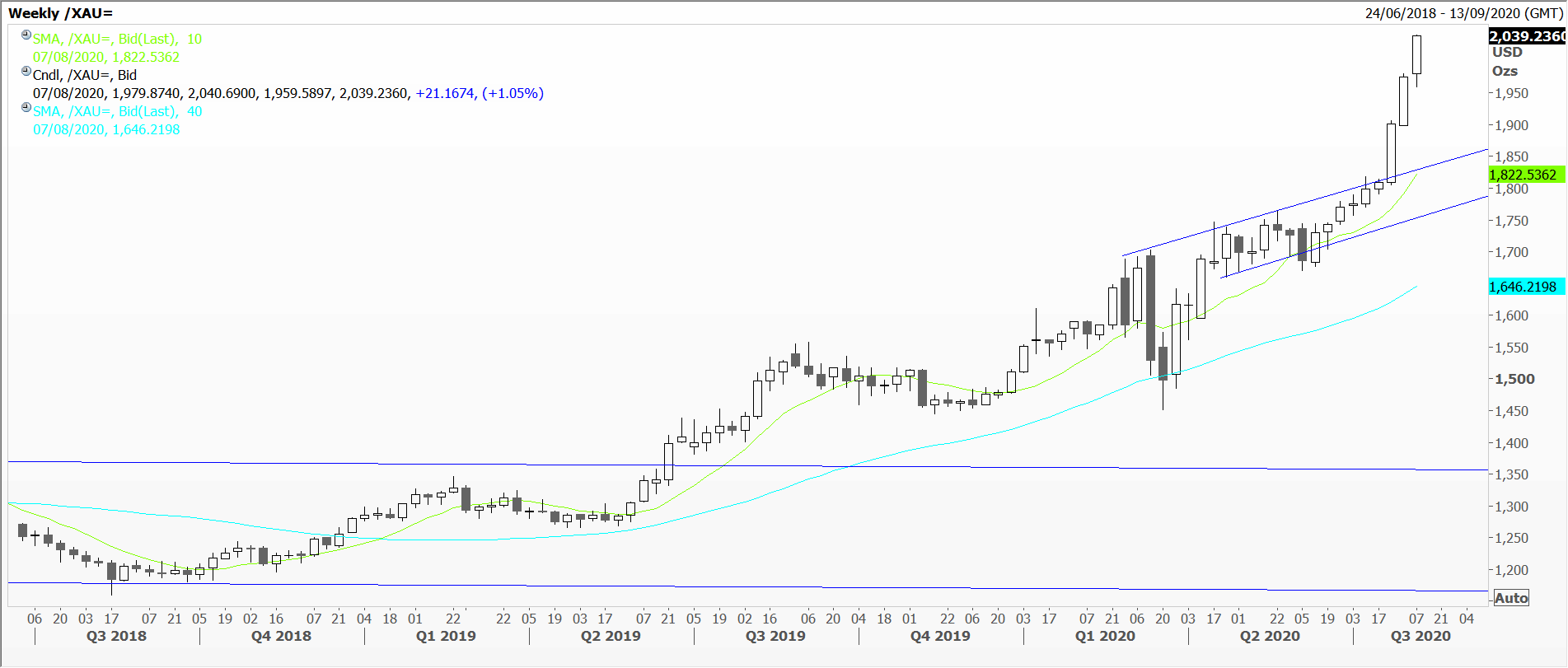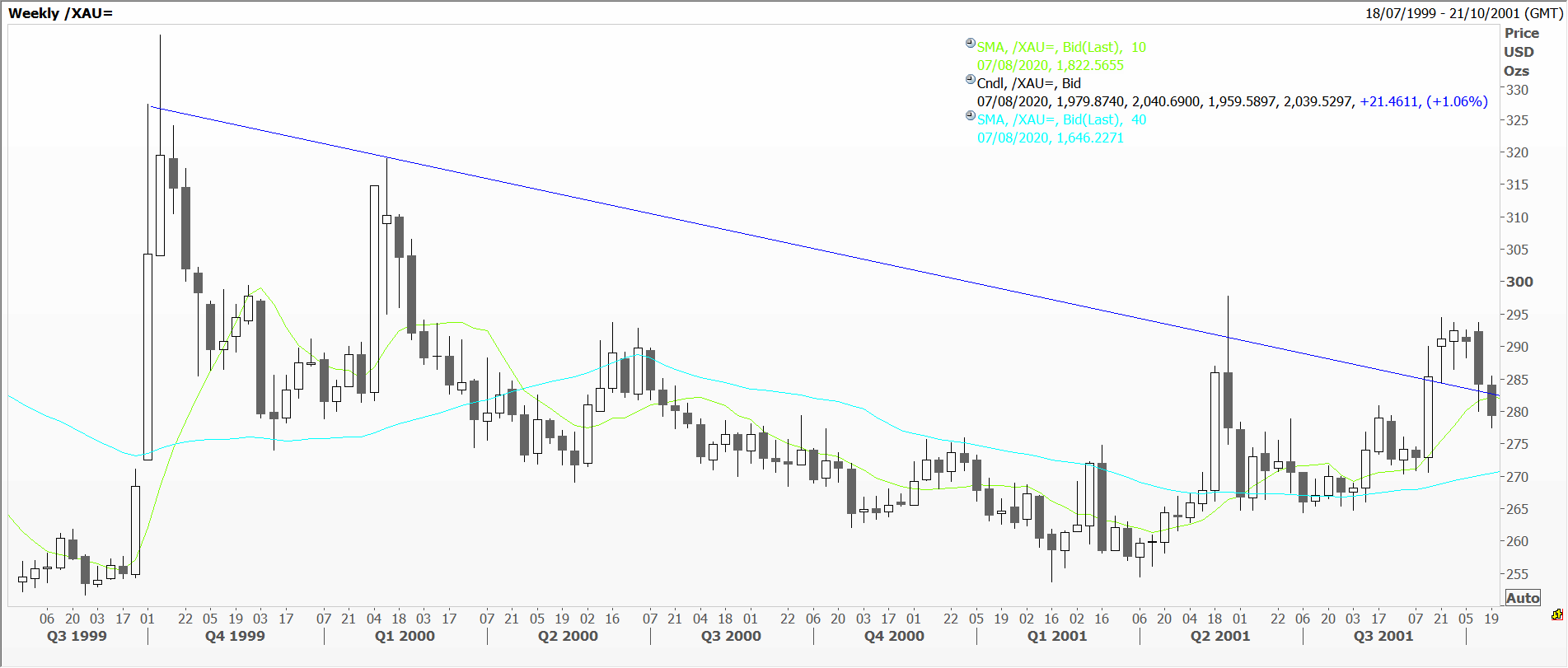Everyone hates a short seller: Forgetting they’re an important tool of discovery
In any business transaction, be it financial, real estate or retail therapy, for every buyer there must be a seller. One can either sell something one already owns, or sell ahead of delivery to lock in the price. The latter is at the very heart of, and the reason for, the creation of futures contracts; so that farmers can fetch a guaranteed price for their estimated crop or herd.
Companies whose shares are listed on a stock exchange, and the exchanges themselves, make life a lot more difficult for those who want to sell short – meaning, to sell something one doesn’t as yet own.
Unsurprisingly corporate CEOs, whose bonus is now mainly paid in shares or share options in the company they run, cry foul. They then lobby the exchange to ‘do something’ about the pernicious short-sellers who are destroying value. Meanwhile the exchanges themselves are under pressure from politicians who dislike it when share indices drop as it reflects badly on their handling of the economy. It’s usually the weakest of these which crumble first and ban short selling.
This train of thought was set in motion by an in-depth interview by Harriet Andrew in FT Weekend (25/26 July) with Jim Chanos. The legendary short only hedge fund manager set up Kynikos in 1985 (named after the classical Greek word for ‘cynic’), his pitch being that he could identify a corporate disaster in the making; now some know him as the Darth Vader of Wall Street. According to Agnew, Chanos ‘has one of the best track records in the hedge fund industry. The long/short Kynikos Capital Partners fund gained 22 per cent per year over the last 35 years’.
Interesting that he states that one of the drawbacks of being a seller is that one ‘’put[s] up with weeks and months of misery, and you feel good for a few hours and days’’. This from the man who recently made about $100 million from a short position in Germany’s Wirecard. More surprisingly, he no longer sees a short as a mirror image of a long position. This ‘’because there is a lot of behavioural finance at work in the markets. The bull case is everywhere’’ with optimists taking over the asylum. ‘’So I do think it does take a certain peculiar personality to say ‘OK, here’s my facts and here’s the conclusions I draw’ from them.’’
Tags: hedge funds, Long/short
The views and opinions expressed on the STA’s blog do not necessarily represent those of the Society of Technical Analysts (the “STA”), or of any officer, director or member of the STA. The STA makes no representations as to the accuracy, completeness, or reliability of any information on the blog or found by following any link on blog, and none of the STA, STA Administrative Services or any current or past executive board members are liable for any errors, omissions, or delays in this information or any losses, injuries, or damages arising from its display or use. None of the information on the STA’s blog constitutes investment advice.
Latest Posts
- Navigating the Market: Insights from Robin Griffiths and Ron William April 9, 2025
- Avoid Revenge Trading: The Key to Long-Term Trading Success March 31, 2025
- Mastering Relative Strength Portfolios: Key Takeaways from the March STA Meeting March 12, 2025
- Stay Disciplined, Stay Profitable February 26, 2025
- Understanding Price Gaps in Trending February 19, 2025






















Latest Comments